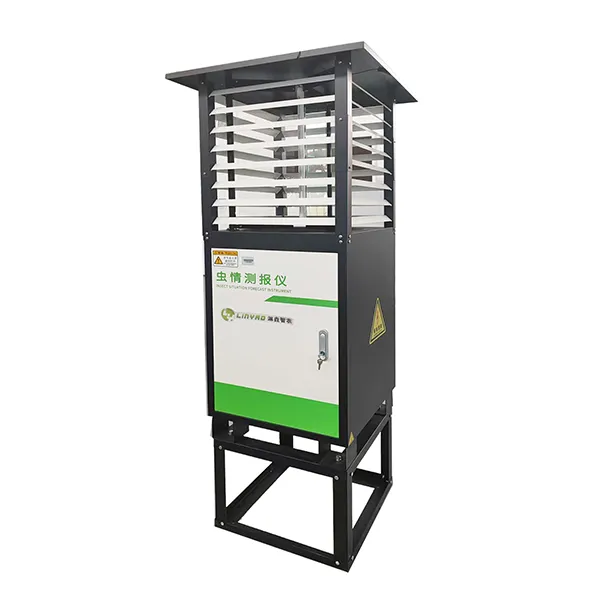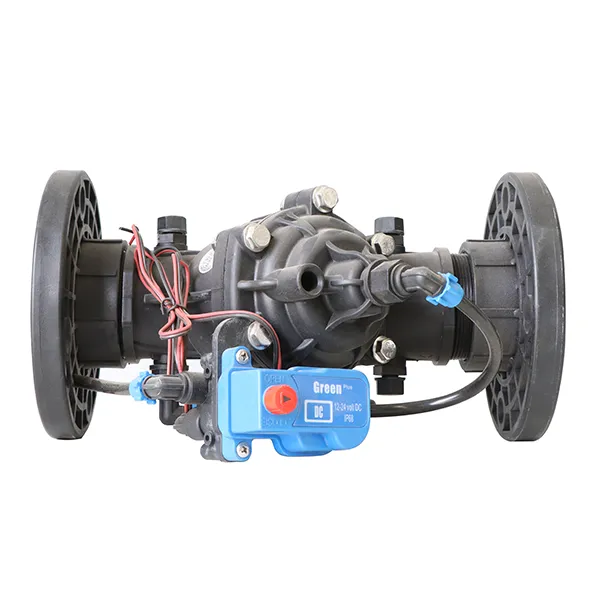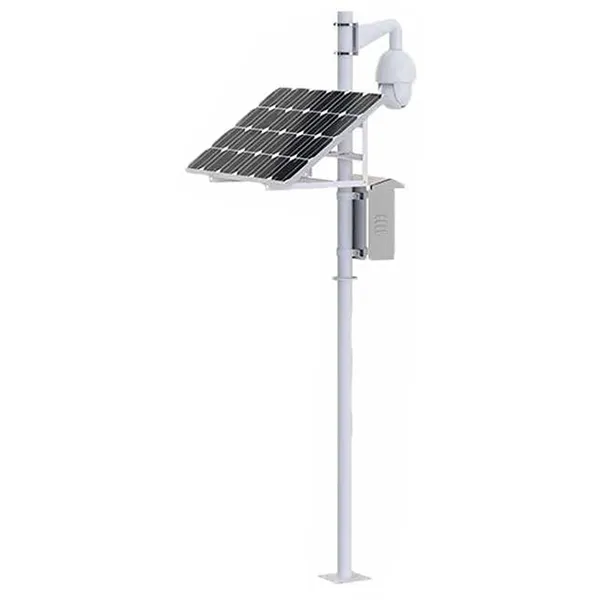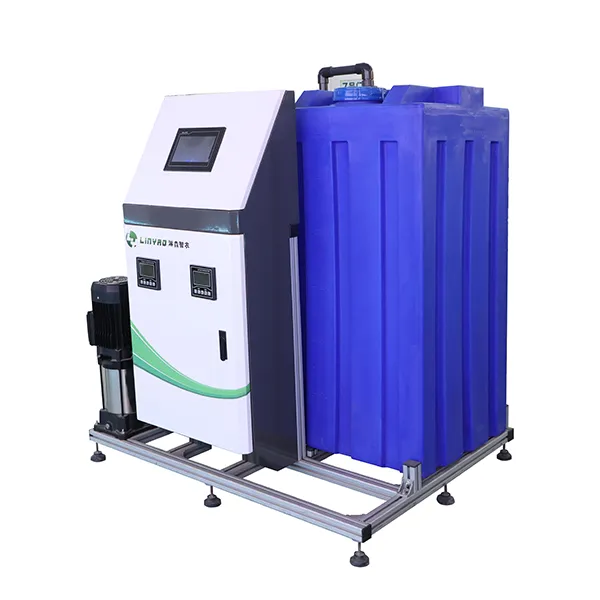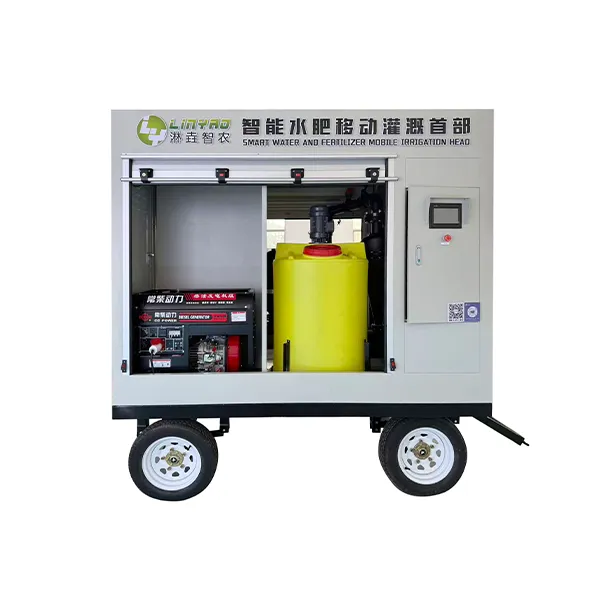
Butterfly valve pa dn80 wafer design
This DN80 seems to be a standard size, but there is a lot of fuss with it. Often customers think that the wafer design is simply “set and forget”, but in reality, every millimeter of the gap plays a role. Especially when it comes to irrigation systems, where the pressure jumps like crazy.
Why wafer version for DN80
I’ll say right away that I don’t like it when they install wafer valves “at random”. At our facility in Shandong, through Shandong Linyao Intelligent Agriculture Technology LLC, these were installed on the filter unit. There are specifics - constant vibrations from pumps, plus chemistry in the water. If the seal is of the wrong type, it will leak within a season.
I noticed that many people confuse disc thickness and working pressure. For DN80 with a rating of PN16, the disk must be at least 8 mm, otherwise it will bend during water hammer. I checked it from my own experience - they installed a thinner one from an unknown manufacturer, and after the first tightness test a barely noticeable deformation appeared. I had to change the entire assembly.
By the way, about materials. For smart agriculture like Lingyao, it is important to consider not only water, but also fertilizer. Standard 304 stainless steel sometimes does not withstand aggressive environments - it is better to take it with an EPDM coating or at least check the certificates for chemical resistance. Their website https://www.lyzhihuinongye.ru mentions individual production - this is exactly the case when customization is indispensable.
Costly installation mistakes
The most common problem is incorrect flange alignment. I remember during the installation of the drip irrigation system, the crew forgot to check the alignment before tightening. As a resultdisc valveworked under voltage, and a month later a leak appeared along the rod. It’s good that we noticed it in time by the drop in pressure in the circuit.
Another point is the direction of flow. Some installers are still convinced that this is not important for wafer designs. But no - especially for systems with reverse, as in smart greenhouses. It’s better to mark it with an arrow right away, otherwise you’ll have to suffer later when replacing the seals.
Fasteners are a different story. For DN80 you need a minimum of 8 studs, but they often save money and install 4. In Linyao Technology projects, I always require a complete set with stainless steel nuts - yes, it’s more expensive, but when automation of irrigation of five hectares is on the line, the risks are unjustified.
Automatic compatibility
There is a subtlety here - manydn80 wafermodels are not designed for frequent operation. In systems such as “smart field” the valve can turn on dozens of times a day. Check the service life according to the passport - electric drives require at least 50,000 cycles.
We once worked on a project for integrating water and fertilizers - they used remote-controlled valves. So, Chinese analogues often do not interface with European automation using communication protocols. We had to install additional signal converters - a lesson for the future: always check protocol compatibility in advance.
By the way, in the description of the equipment, Linyao has a clause about frequency automatic equipment - this is exactly what is needed for smooth shutter control. Sudden starts quickly kill any mechanism, even a high-quality one.
Field tests and identified weaknesses
Last season, three different manufacturers were tested in a sand filter facility. It turned out that during long-term work with suspensions, the disk axis wears out the fastest - especially if the sand is of a fine fraction. I had to modify it - install additional seals.
Another find is that in systems where fertilizer with phosphates is used, the standard Teflon coating on the disk lasts no more than two seasons. Now we are experimenting with ceramic coating - so far the results are encouraging, but the price is 30 percent higher.
I noticed an interesting relationship - whenwafer designmounted in a horizontal position, bearings last longer. Probably due to the even distribution of the load. Although they usually don’t write about this in passports, we had to discover it experimentally.
Prospects for modernization
Now many are switching to models with position sensors - this is especially true for projects like “intelligent agricultural park”. Allows you to integrate valves into the overall monitoring system - to see not only the “open/closed” state, but also the percentage of wear.
In Shandong Lingyao, they recently developed a system for high-quality fields - they used smart valves with the ability to calibrate for different liquid viscosities. It turned out that for fertilizer suspensions it is necessary to increase the response torque by 15-20% of the nominal value.
I think that models with predictive maintenance will soon appear - when, based on data from vibration sensors, it is possible to predict the replacement of seals. For large farms, this will save thousands of rubles on system downtime.
Conclusions for practitioners
Never skimp on installation equipment - special ties for flanges cost pennies compared to the cost of downtime of the irrigation system. Check the geometry of the pipes before installation - even a slight ovality will leak.
When ordering from manufacturers like Lingyao, always check the testing conditions - a good supplier will provide a video of crimp testing specifically for your product. This eliminates 90% of problems during acceptance.
And most importantly, do not blindly trust catalogs. It’s better to go to production once and see how they assemble the samedisk pa dn80— nuances are often visible on the shop floor that are not reflected in the documentation.
Correspondingproducts
Related Products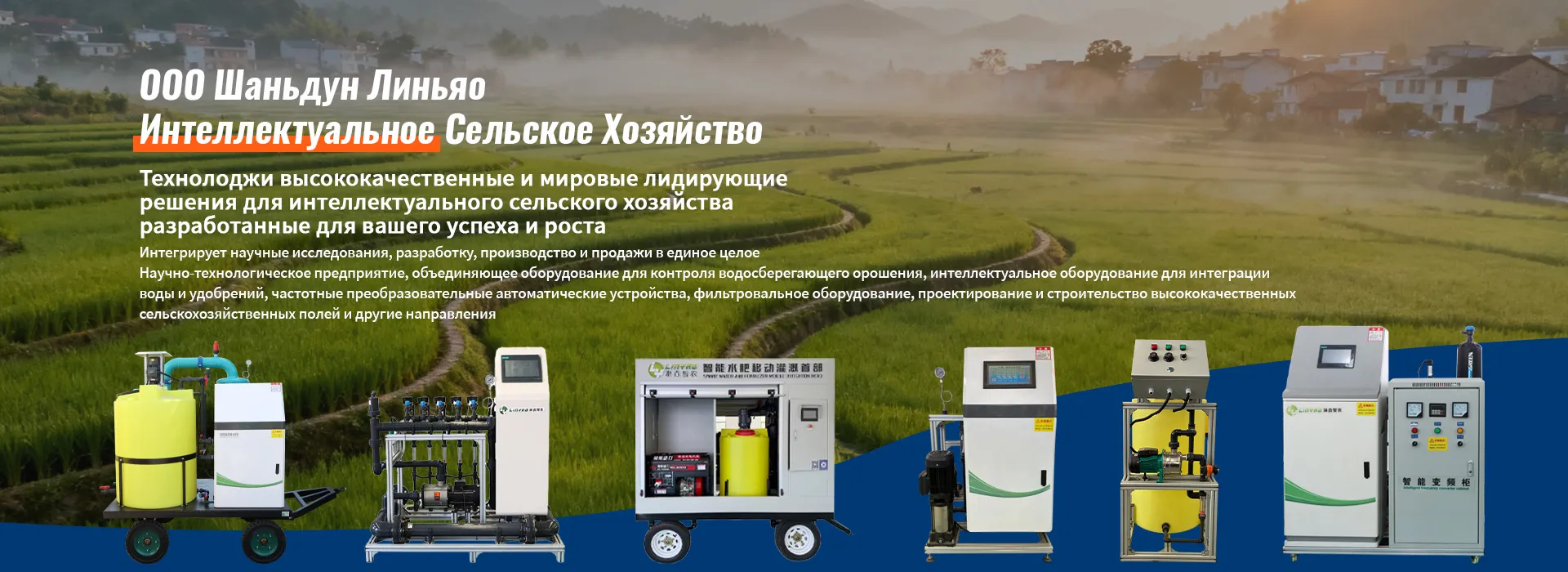
Best Sellingproducts
Best Selling Products-
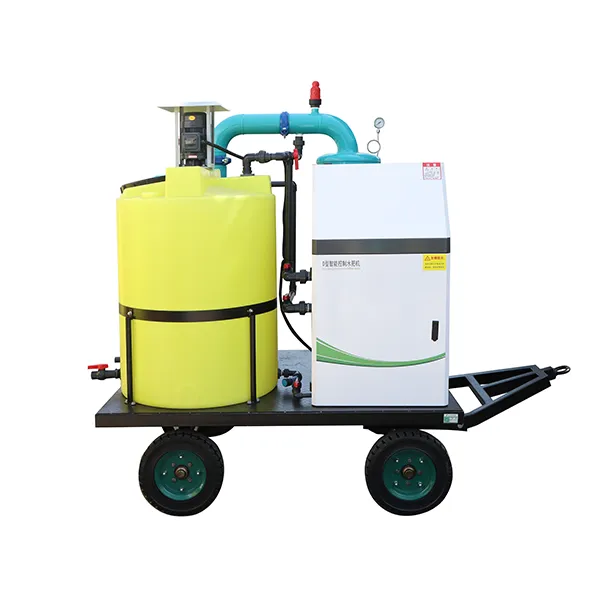 Mobile water and fertilizer integration apparatus
Mobile water and fertilizer integration apparatus -
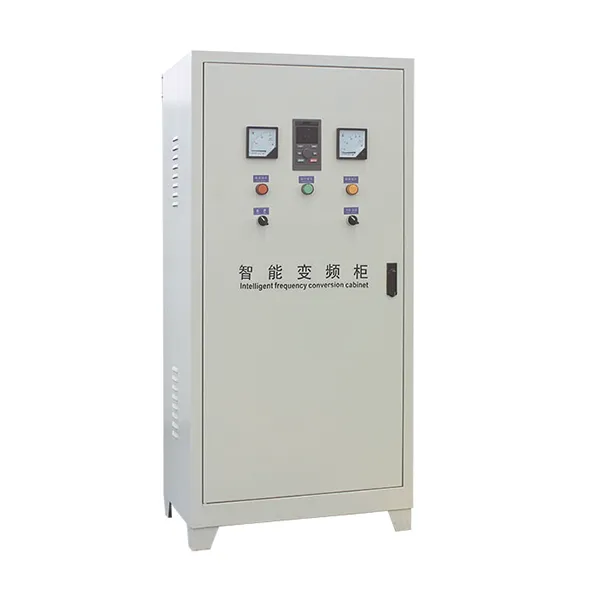 Intelligent Frequency Converter Cabinet
Intelligent Frequency Converter Cabinet -
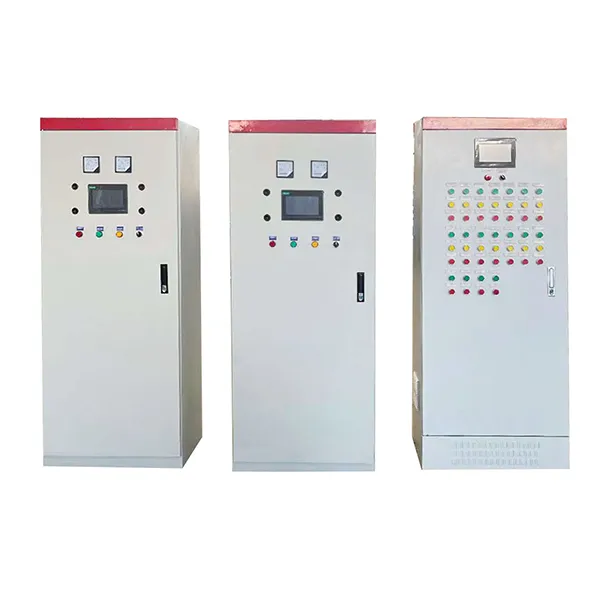 IoT-based greenhouse control cabinet
IoT-based greenhouse control cabinet -
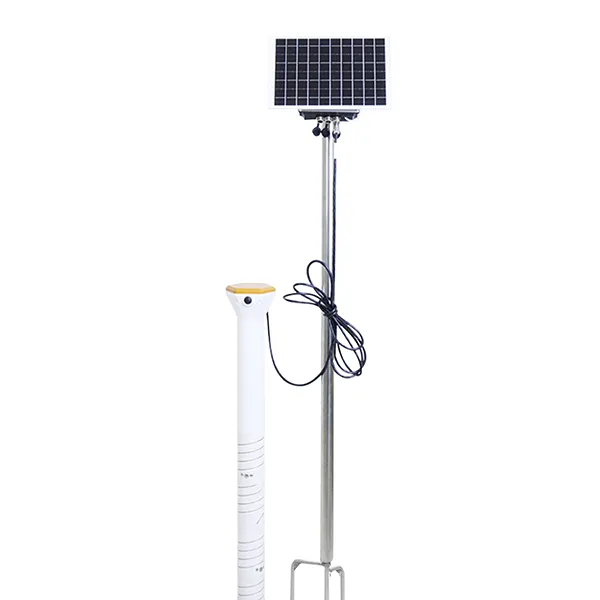 Soil Moisture Monitoring Station
Soil Moisture Monitoring Station -
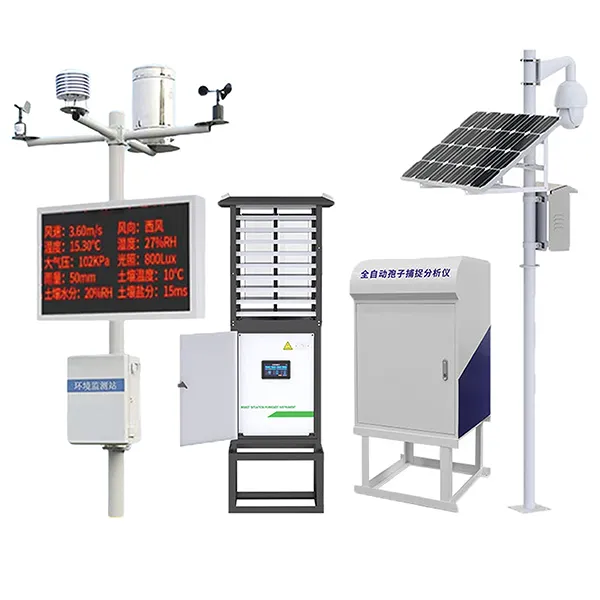 Agricultural weather station
Agricultural weather station -
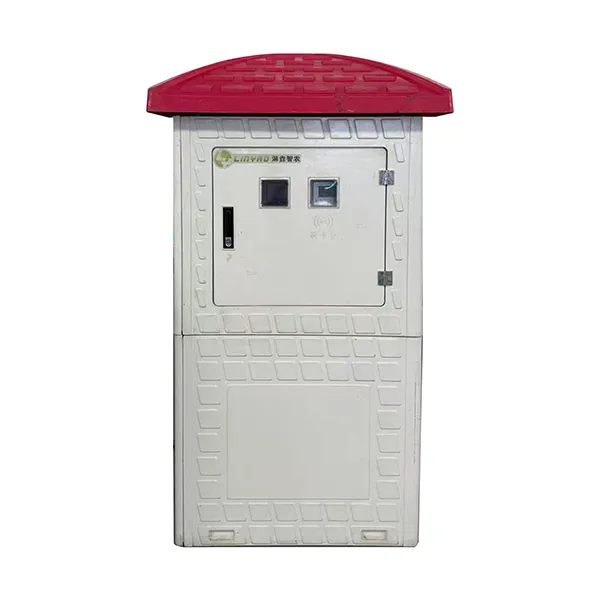 Radio Frequency Device for Irrigation Measurement and Control
Radio Frequency Device for Irrigation Measurement and Control -
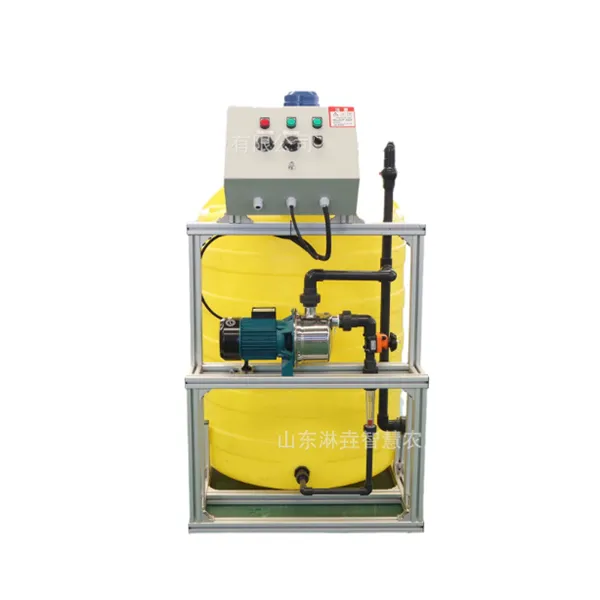 Simple manual single-channel water and fertilizer integration apparatus
Simple manual single-channel water and fertilizer integration apparatus -
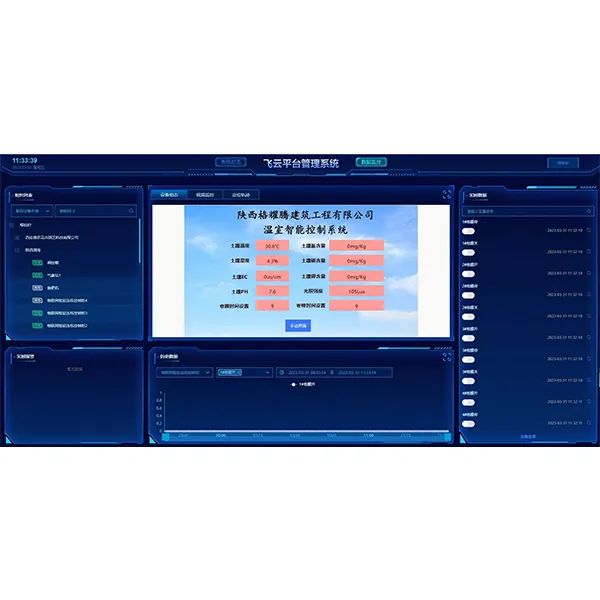 Cloud platform for smart agriculture
Cloud platform for smart agriculture -
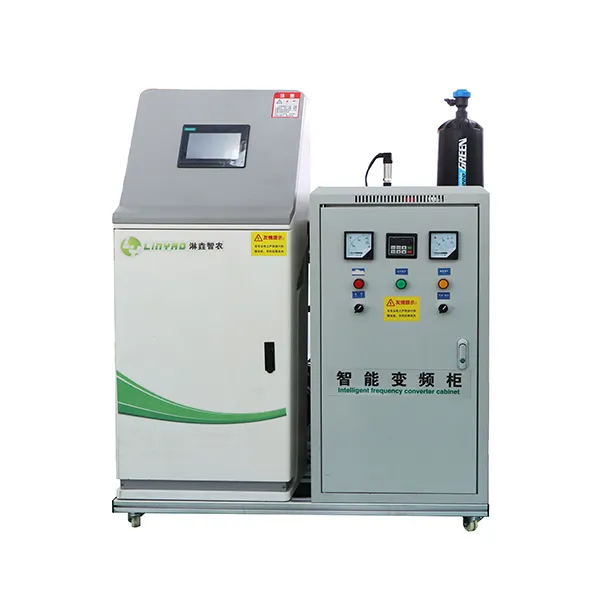 Main Fertilizer Irrigation Plant
Main Fertilizer Irrigation Plant -
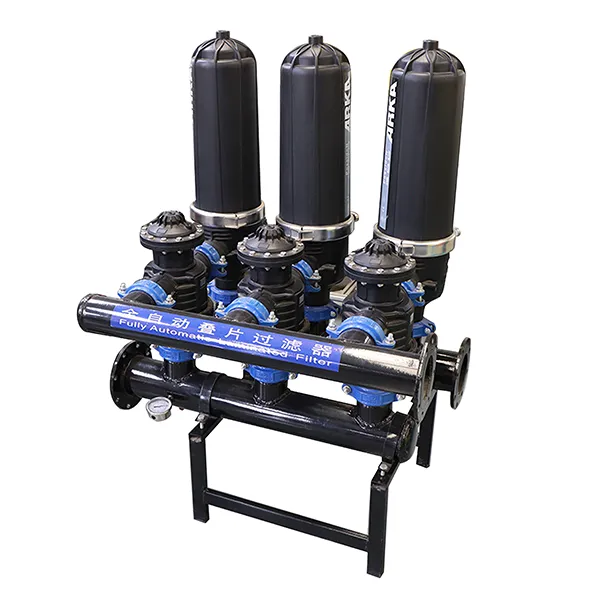 Disc filter with automatic flushing
Disc filter with automatic flushing -
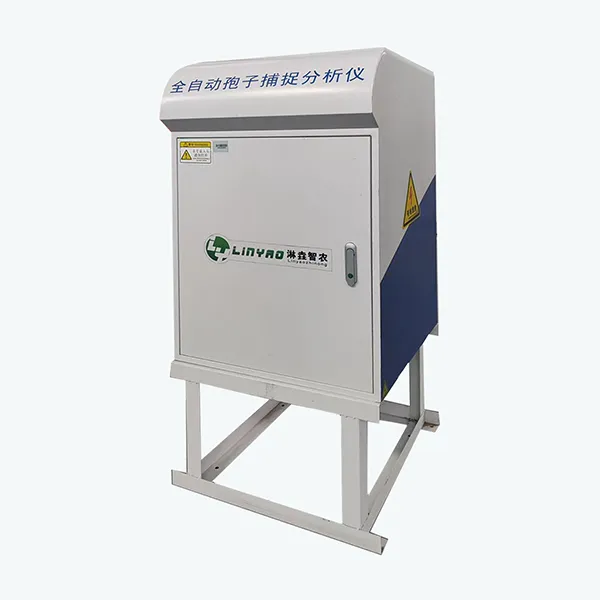 Fully automatic spore analyzer for agriculture
Fully automatic spore analyzer for agriculture -
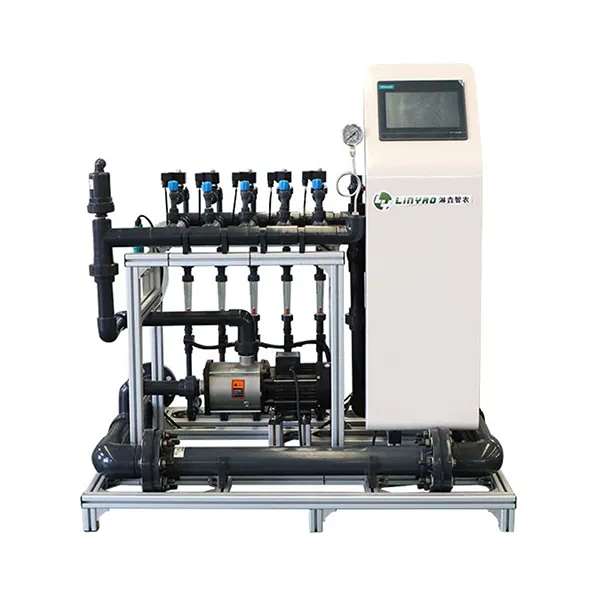 Intelligent Fertilizer Dosing Machine
Intelligent Fertilizer Dosing Machine
Relatedsearch
Related Search- Butterfly valve pa dn80 wafer design supplier
- Agricultural monitoring and control system based on the Internet of things manufacturer
- Electric bypass valve main buyer country
- Solenoid valve 2 inch pulse main buyer country
- Ball valves supplier
- Wireless valve suppliers
- Smart greenhouses, Internet of things in agriculture manufacturers
- Solenoid valve 1 inch ac24v
- Mobile diesel pumping station
- Automatic Fertilizer Application System for Commercial Agriculture Suppliers


